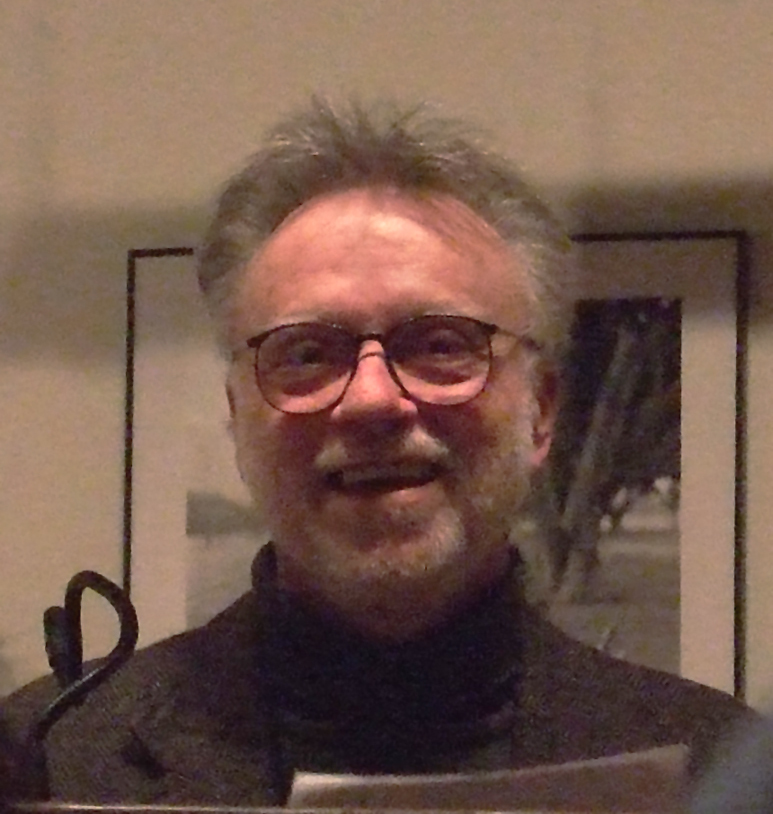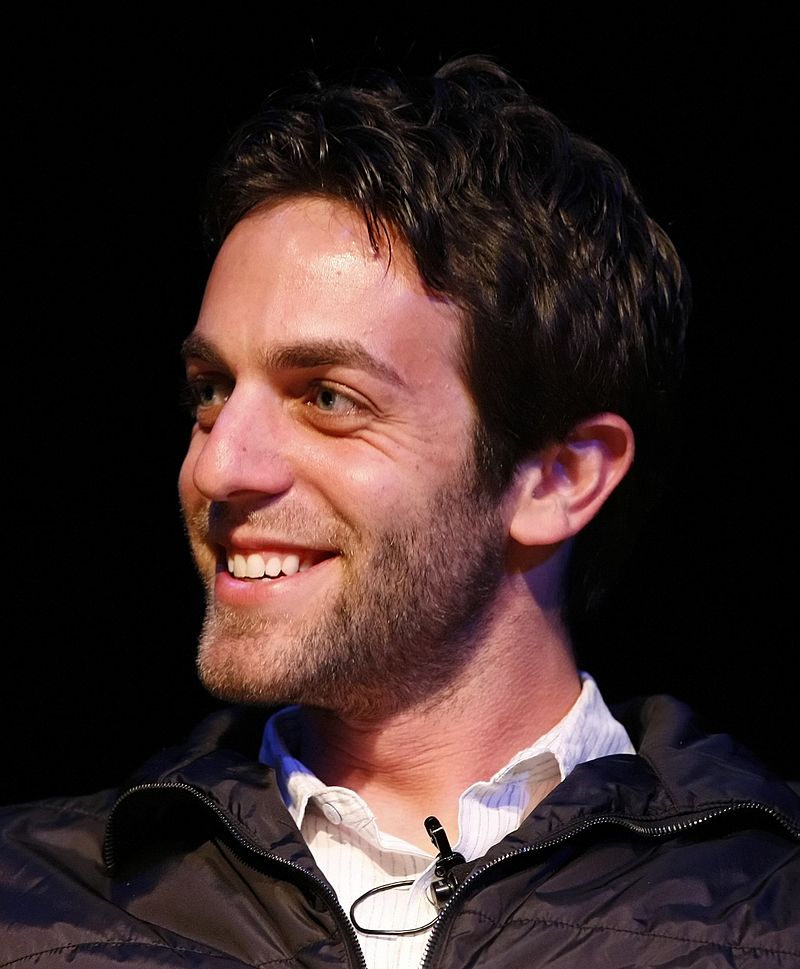 author
authorJeannette Winterson
Jeanette Winterson is an English author. Her first book, Oranges Are Not the Only Fruit, was a semi-autobiographical novel about a sensitive teenage girl rebelling against convention. Other novels explore gender polarities and sexual identity and later ones the relations between humans and technology. She broadcasts and teaches creative writing. She has won a Whitbread Prize for a First Novel, a BAFTA Award for Best Drama, the John Llewellyn Rhys Prize, the E. M. Forster Award and the St. Louis Literary Award, and the Lambda Literary Award twice.
She has received an Officer of the Order of the British Empire (OBE) and a Commander of the Order of the British Empire (CBE) for services to literature, and is a Fellow of the Royal Society of Literature. Winterson was born in Manchester and adopted by Constance and John William Winterson on 21 January 1960. She grew up in Accrington, Lancashire, and was raised in the Elim Pentecostal Church. She was raised to become a Pentecostal Christian missionary, and she began evangelising and writing sermons at the age of six.
By the age of 16, Winterson had come out as a lesbian and left home. She soon after attended Accrington and Rossendale College, and supported herself at a variety of odd jobs while studying English at the University of Oxford. After she moved to London, she wrote her first novel, Oranges Are Not the Only Fruit, which won the 1985 Whitbread Prize for a First Novel. Winterson adapted it for television in 1990. Her novel The Passion was set in Napoleonic Europe.
Winterson's subsequent novels explore the boundaries of physicality and the imagination, gender polarities, and sexual identities, and have won several literary awards. Her stage adaptation of The PowerBook in 2002 opened at the Royal National Theatre, London. She also bought a derelict terraced house in Spitalfields, east London, which she refurbished into an occasional flat and a ground-floor shop, Verde's, to sell organic food.
In January 2017 she discussed closing the shop when a spike in rateable value, and so business rates, threatened to make the business untenable. In 2009, Winterson donated the short story "Dog Days" to Oxfam's Ox-Tales project, covering four collections of UK stories by 38 authors. Her story appeared in the Fire collection. She also supported the relaunch of the Bush Theatre in London's Shepherd's Bush.
She wrote and performed work for the Sixty Six Books project, based on a chapter of the King James Bible, along with other novelists and poets including Paul Muldoon, Carol Ann Duffy, Anne Michaels and Catherine Tate. Winterson's 2012 novella The Daylight Gate, based on the 1612 Pendle Witch Trials, appeared on their 400th anniversary. Its main character, Alice Nutter, is based on the real-life woman of the same name. The Guardian's Sarah Hall describes the work:
"the narrative voice is irrefutable; this is old-fashioned storytelling, with a sermonic tone that commands and terrifies. It's also like courtroom reportage, sworn witness testimony. The sentences are short, truthful – and dreadful.... Absolutism is Winterson's forte, and it's the perfect mode to verify supernatural events when they occur. You're not asked to believe in magic. Magic exists. A severed head talks. A man is transmogrified into a hare.
The story is stretched as tight as a rack, so the reader's disbelief is ruptured rather than suspended. And if doubt remains, the text's sensuality persuades." In 2012, Winterson succeeded Colm Tóibín as Professor of Creative Writing at the University of Manchester.
Best author’s book




















